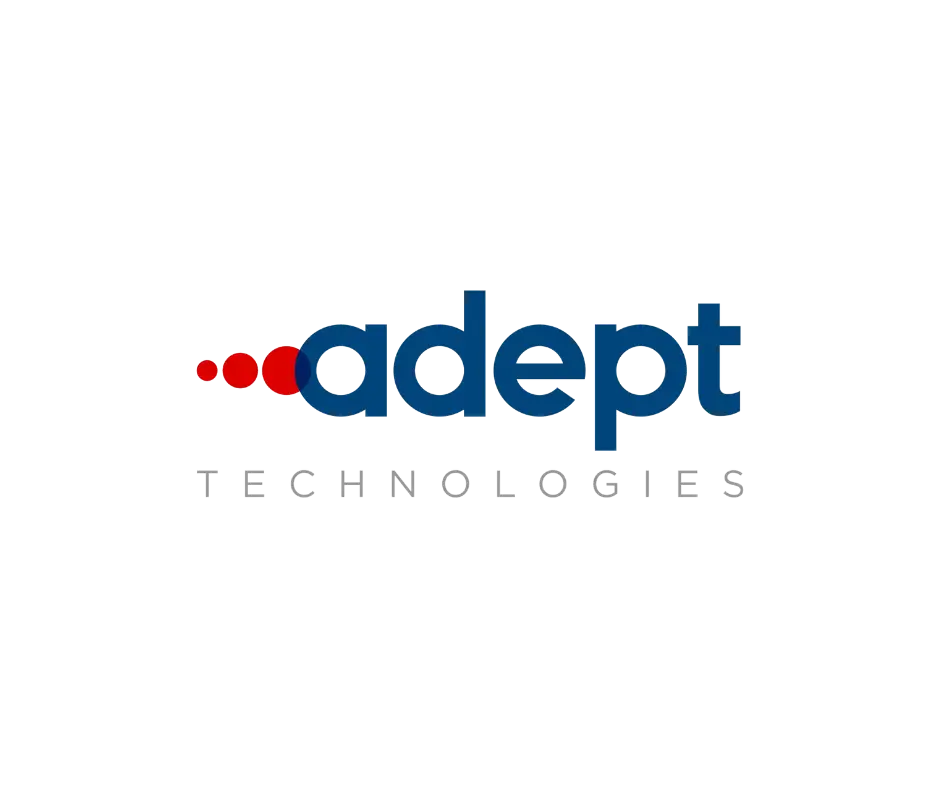Digitalization is transforming economies worldwide, offering immense opportunities for innovation, productivity, and economic growth. However, a lack of digital skills and literacy threatens to exclude millions from these benefits, especially in Kenya. To fully leverage this potential, it’s critical to address these challenges head-on.
Key Concepts in the Digital Economy
Digital Skills
Digital skills are the abilities required to use technology to solve real-world problems. They include:
Soft skills
- Communication, collaboration, decision-making, creativity, and content creation.
Hard skills
- Software use, coding, programming, big data analysis, and more.
These skills can be categorized into four levels of proficiency
|
Skill Level |
Description |
|
Basic and foundational |
Necessary for lifelong learning and future digital progression |
|
Intermediate skills |
Enabling professional and workplace tasks. |
|
Specialized skills |
Catering to specific industry requirements. |
|
Highly specialized skills |
Advanced competencies, such as artificial intelligence and cybersecurity. |
Digital Literacy
Digital literacy refers to the ability to understand and navigate the digital environment. It includes awareness of how technology impacts daily life and work and the mindset to learn, adapt, and thrive in a digital world. Digital literacy empowers individuals to collaborate, create, and participate effectively in the digital economy.
The Digital Divide
The digital divide highlights the inequality in access to and use of digital technology. It manifests in two key ways:
- Access gap: Unequal access to devices, internet connectivity, and infrastructure.
- Skills gap: Inequality in the ability to use digital technology due to a lack of digital skills and literacy.
Kenya’s Digital Opportunity
Kenya’s digital economy is projected to contribute KSh 662 billion to GDP by 2028, accounting for 9.24% of the country’s GDP by 2025. This growth could create 300,000 new jobs and boost tax revenues by KSh 150 billion, driven by digital adoption in sectors like agriculture, manufacturing, transport, and trade (GSMA, 2023).
Despite this potential, challenges persist:
Youth Unemployment: Despite comprising 35% of the population, 67% of youth remain unemployed. Over 1 million young people enter the labor market annually without adequate skills (FKE 2024).
Workforce Preparedness: 30% of employers report that a lack of digital and 21st-century skills is hindering productivity and competitiveness (Youth Impact Labs, 2019).
Digital Skills Gap: By 2030, 50–55% of jobs will require digital skills, up from 25–30% in 2019. This means 17 million workers will need digital training (WorldBank, 2021).
Workforce Preparedness: 30% of employers report that a lack of digital and 21st-century skills is hindering productivity and competitiveness (Youth Impact Labs, 2019).
Digital Skills Gap: By 2030, 50–55% of jobs will require digital skills, up from 25–30% in 2019. This means 17 million workers will need digital training (WorldBank, 2021).
The Risks of Inaction
Without bold interventions, Kenya risks:
Widening inequalities: Marginalized groups, including women, refugees, and persons with disabilities, face heightened barriers to digital inclusion.
Youth vulnerability: The global youth unemployment rate of 13% (ILO 2024) highlights the risks of poverty, mental health challenges, and limited access to economic opportunities.
Missed economic opportunities: Kenya’s digital economy could contribute an additional $10.8 billion to GDP by 2025, but gaps in digital skills threaten to leave millions behind (KEPSA 2024)
Why Digital Literacy Matters
Without bold action, Kenya risks missing out on the potential of its digital economy. By addressing the digital skills gap, we can:
- Unlock $10.8 billion in GDP contributions by 2025 ((KEPSA 2024)).
- Reduce unemployment and economic inequalities.
- Empower marginalized groups with equitable access to the digital world.
At Adept Technologies, we believe in a future where every young person has the tools to thrive in the digital economy. Together, let’s create pathways to prosperity and inclusivity.
Partner with us to adopt a school or sponsor a youth cohort. Let’s build a brighter digital future for Kenya!
